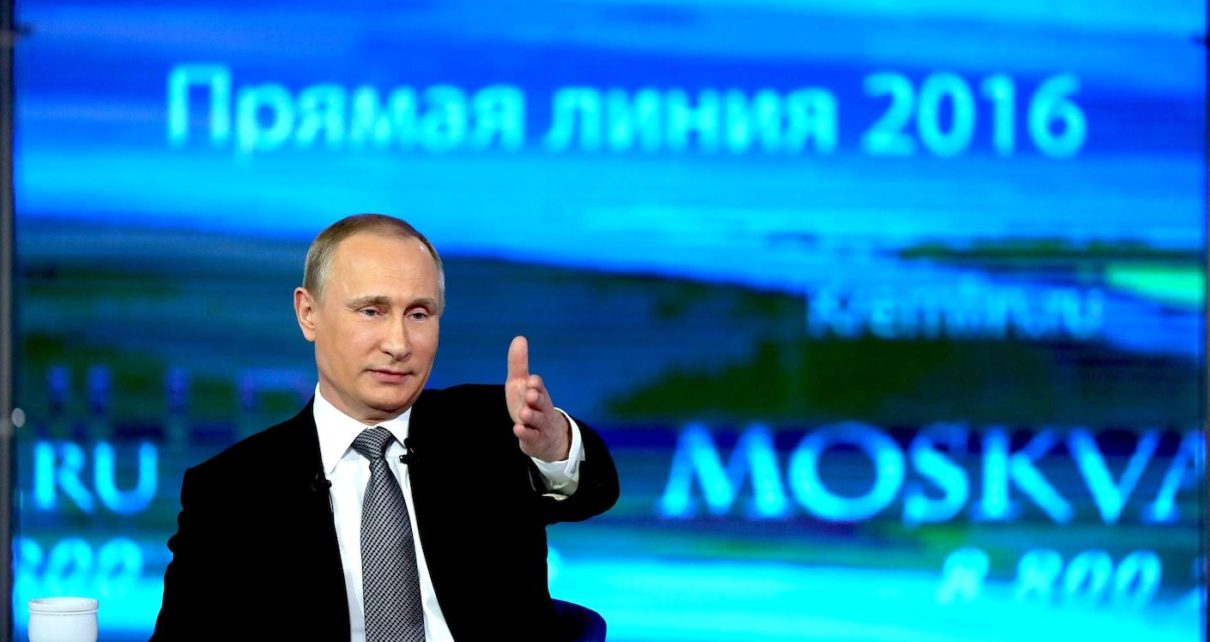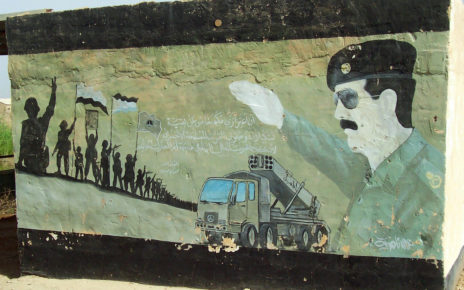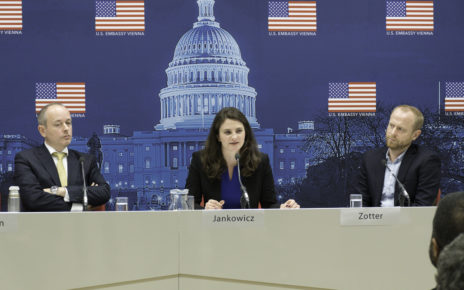Despite the overwhelming strategic success of its August 2008 invasion of neighbouring Georgia, Russia found itself soundly defeated in the information war surrounding that conflict, prompting Russian planners to formally integrate a comprehensive approach to controlling the narrative space around a conflict in the future. The lessons Russia learned from its informational defeat in Georgia are directly informing it’s approach to the information war surrounding its unprovoked attack on Ukraine. However, the way the country has handled the information war so far has placed it on the path to another defeat.
Lessons from the Invasion of Georgia, 2008
Throughout the Five-Day War between Russia and Georgia, the Georgians maintained a distinct public relations advantage over the Russians by presenting a narrative shaped by a major European PR firm and led in its delivery by the English-speaking, Harvard-educated and pro-Western President Mikheil Saakashvili. It made a generally positive impact on Western public opinion. Russia, by contrast, presented its side through press conferences led by then Deputy Chief of the General Staff Colonel-General Anatoly Nogovitsyn, whose “military directness” was found in an analysis by Timothy L. Thomas of the US Army’s Foreign Military Studies Office to be sometimes interspersed with false claims. Both factors reduced Russian airtime in Western media in comparison to Georgian officials. Russia was eventually vindicated in its claim that the Georgians had started the conflict by a 2009 report from the European Union that charged Georgia with responding disproportionately to the actions of Russia and its South Ossetian proxies, although the damage to Russia’s reputation done by their informational defeat remained. Russian journalist Pavel Glutionov criticized his country’s approach as being one of simply bemoaning the unscrupulousness and efficiency of Western propaganda while hindering themselves through lies and obfuscation, therefore leaving it to the West to counter Russia’s narratives simply by disproving the lies.
With the lessons learned by the informational defeat in mind, the 2014 update to the Military Doctrine of the Russian Federation and the 2016 update to the Information Security Doctrine of the Russian Federation incorporated information warfare, which had largely been absent from the preceding versions of both documents. Specifically, the Military Doctrine of the Russian Federation calls for information warfare to be undertaken and guarded against as a key non-military means of impacting the whole of a combatant’s society with the power to destabilize countries or entire regions. The Information Security Doctrine elaborates further, broadly describing efforts by intelligence agencies around the world to destabilize other countries with “information-psychological tactics.” As it pertains to Russia, the doctrine describes an inherent bias in the Western media’s reporting on Russia, discounting Russian journalism and aiming negative coverage at Russian society with the goal of destabilizing the state. This siege mentality is at the core of the “information bubble” that has formed in Russia with the outbreak of hostilities in Ukraine on February 24, 2022.
Impacts on the ongoing war in Ukraine
Shortly after the Russian invasion of Ukraine began, the Russian government passed a law prescribing criminal penalties for any news agency publishing “fake news” about the war in Ukraine, including sentences of up to 15 years’ imprisonment and significant fines for the publishers held responsible. The Kremlin has brought pressure to bear on media outlets to follow the official line on the invasion, including refraining from the use of terms like “war” or “invasion” in their coverage instead of Moscow’s preferred euphemism, “special military operation.”
As the war has progressed, it has become clear that the Kremlin remains committed to its narrative on the war in Ukraine and to maintaining the information bubble it has created domestically, with a law proposed on April 6, 2022 which would permit the Russian media monitoring authority, Roskomnadzor, to shut down the Russian operations of any foreign media outlet reporting information about the war in Ukraine deemed to be false. With this development, key independent outlets across all forms of media, including TV Dozhd, radio station Ekho Moskvy, newspaper Novaya Gazeta and Russian-English News website Meduza.io, have either been shuttered by Russian authorities or chosen to close rather than face potentially crippling legal penalties. This round of closures further consolidates steadily growing government control over the Russian media and effectively leaves all outlets – state controlled or not – to conform their reporting to Kremlin-approved narratives, creating an information bubble that has had a major impact on Russian public opinion.
Ironically, this information bubble appears to be having an influence on President Putin’s approach to his war in Ukraine, as allegations come out of the Kremlin that the president may be being misled by advisors who are basing their advice on what they believe he wants to hear as opposed to what is actually happening on the ground. Andrei Soldatov, an investigative journalist specializing in Russia’s intelligence services proposes that it is also possible that this issue extends into the Federal Security Service (FSB), where senior officers may be doctoring good intelligence gathered on the ground in Ukraine to match the Putin government’s official reasoning behind the conflict.
As Russia continues to make critical decisions with major international consequences, founded on, and justified at home and abroad by, disinformation, the country will continue to face economic sanctions, strategic quagmire, and a critical loss of credibility on the world stage.
Image copyright: 14th Direct Line with President of Russia Vladimir Putin, by The Presidential Press and Information Office (www.kremlin.ru) via Wikimedia Commons. Licensed under CC BY 4.0.
Disclaimer: Any views or opinions expressed in articles are solely those of the authors and do not necessarily represent the views of the NATO Association of Canada.




